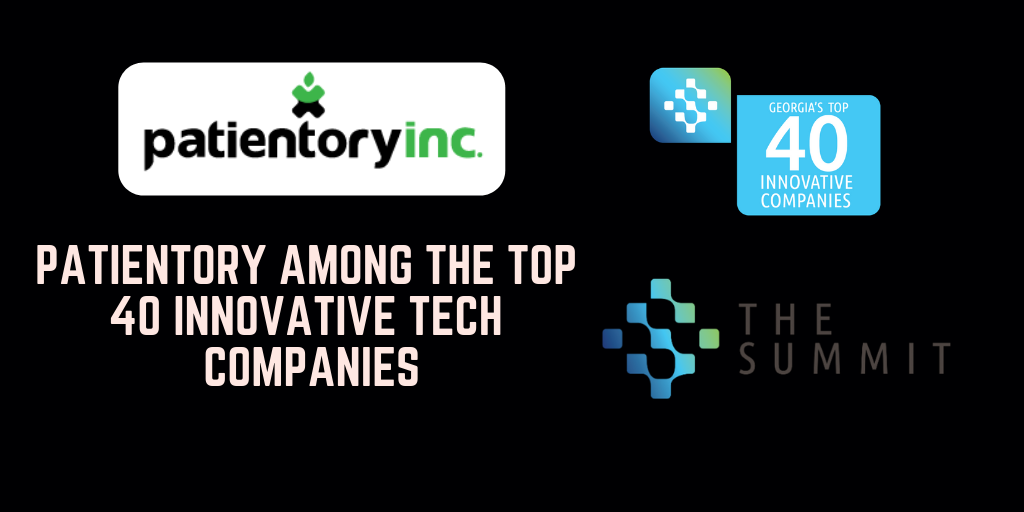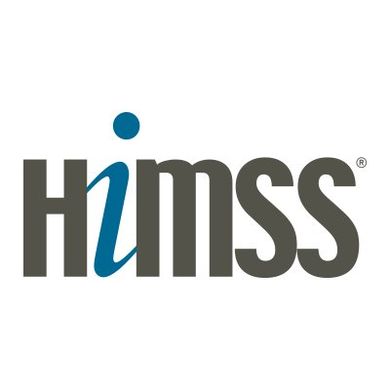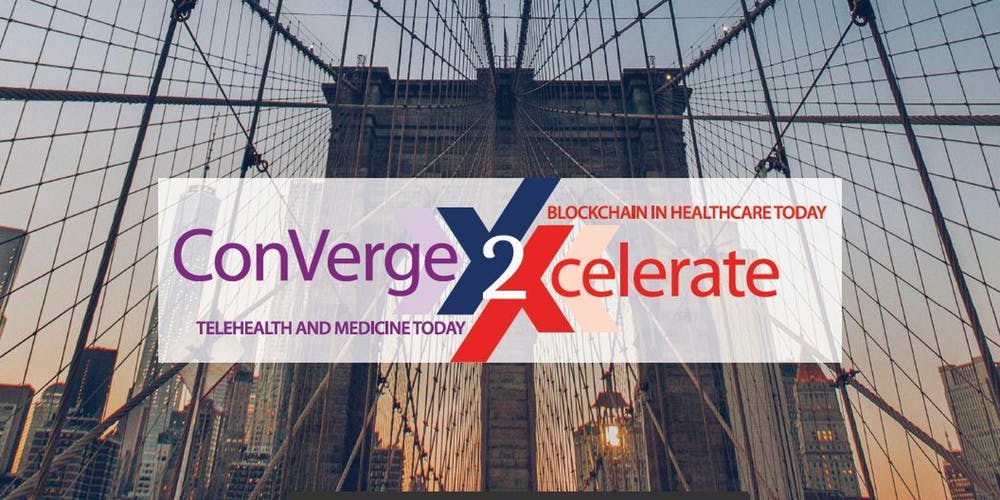
ATLANTA (February 12, 2019) – The Technology Association of Georgia (TAG) has announced Patientory as one of the Top 10 Innovative Technology Companies in Georgia and given biggest impact award.
Initially, TAG recognized Patientory as “Top 40” companies based on the criteria focused on innovation, including:
- degree of innovation
- scope and financial impact of innovation
- likelihood of success
- promotion of Georgia’s innovative efforts nationally and internationally
The selected “Top 40” companies were presented at The Summit – that state’s largest technology showcase – Feb. 12 at Cobb Galleria, Atlanta.
The Summit 2019 – Opening keynote was given by Kyle Tothill, The Summit Chair and Chris Lindner, Chair of the TAG Board of Directors. Also, TAG’s Larry K. Williams, President and CEO, was shared the data and insight from the NEW State of the Industry Report!
The Summit brings together and engages more than 1,200 prominent technology, business and thought leaders centered around the most prominent and relevant trends that are sparking, disrupting and driving innovation today through the Technology Association of Georgia (TAG) — one of the country’s largest technology associations with 34,000+ members.

Among the “Top 40” selected companies, we have been selected as one of the “Top 10” innovative company for showing the highest degree of innovation, the broadest scope and financial impact of their innovations, and the greatest effect of such innovation in promoting Georgia’s technology industry throughout the U.S. and globally.
ABOUT PATIENTORY
Patientory empowers healthcare systems, providers, and consumers with a single, secure application for sharing healthcare data, providing unprecedented insight into each patient’s health and resulting in better, healthier outcomes. Patientory’s applications provide increased insight into an individual’s health management and empowers people to make better decisions, coordinate between care providers, and receive better care overall.
ABOUT THE TECHNOLOGY ASSOCIATION OF GEORGIA (TAG)
TAG is the leading technology industry association in the state, serving more than 30,000 members through regional chapters in Metro Atlanta, Athens, Augusta, Columbus, Macon/Middle Georgia, and Savannah. TAG’s mission is to educate, promote, influence and unite Georgia’s technology community to foster an innovative and connected marketplace that fuels the innovation economy.
Additionally, the TAG Education Collaborative (TAG-Ed) focuses on helping science, technology, engineering and math (STEM) education initiatives thrive. For more information visit the TAG website at www.tagonline.org or TAG’s community website at http://www.hubga.com. To learn about the TAG-Ed


















